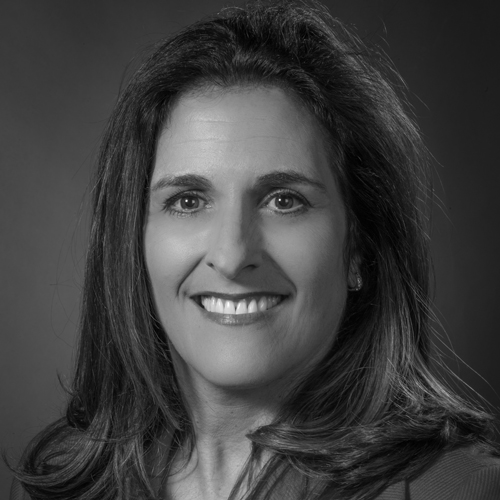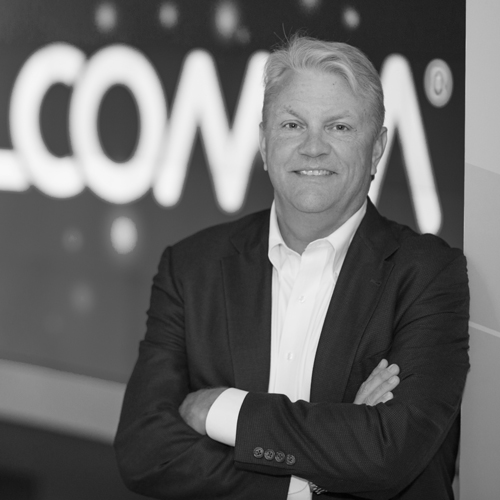Modern Counsel: Expedia hosts online trip planning tools. What legal challenges does this business model pose?
Bob Dzielak: We have the same challenges as any global e-commerce business, but one thing that’s unique to our industry is the challenging competitive landscape: The travel industry exceeds $1 trillion annually, and everyone wants a piece of it. And it moves fast.
MC: How does that environment affect the legal department?
BD: Because things can change so quickly, Expedia has spent a lot of resources developing technology that allows us to move fast, largely through our ability to test and learn on our websites. Many of the tests we run require legal review and input. Due to the pace at which we test and learn, the legal department has to be able to react quickly. We have a lot of demands placed on us with short turnaround times. We work in real time.
MC: Many GCs are consolidating their outside counsel and increasing the size of their in-house teams. Why did it make sense for Expedia to do the same?
BD: We used to rely a lot more on outside counsel. There was work that simply had to get done, so we prioritized what we could do internally and then sent the rest outside. As a result, our spending on outside counsel was higher, and our response time on some matters was not ideal.
MC: How did you reevaluate your department to address those issues?
BD: We embarked on a twofold analysis: asking ourselves where we were spending and where we could better serve the business by doing things internally. Looking through those two lenses, we started making decisions about the areas we needed to staff and at what experience level. We wanted to ensure that we could better support the business with the proper expertise and speed while reducing outside legal spending.
MC: Where was the money for outside counsel going?
BD: We spent most of our outside counsel budget on litigation and M&A. You’re never going to get rid of your outside lawyers for those competencies. When it comes to litigation, you need lawyers who are admitted in the jurisdiction with the appropriate expertise. But we increased the size of the internal litigation team so they could be much more engaged in how each litigation matter is handled. We’ve also bolstered internal capability so that much of our product review, advertising and marketing review, procurement, and intellectual property is now performed internally.
MC: What was the result?
BD: We’ve been able to handle litigation and M&A work more effectively by maximizing our in-house team and efficiently pairing them with outside resources. The shift has empowered our in-house lawyers to take ownership of deals and work side-by-side with our outside counsel to close them.
MC: What has been the business dividend of these changes for Expedia?
BD: The impact has been felt in three areas. First and foremost, we have even better relationships with the businesses we support. We now have the internal resources to align the legal department with the business units, allowing us to be true partners and work with them in real time. Second, we’ve seen an overall cost reduction, even though we’ve hired more people. That’s because the savings we saw from the reduced use of outside counsel has more than paid for the new people we’ve hired. Third, I like to think that we have a happier, more productive legal department. While everyone is busy, people feel that they can get their jobs done because they’re not overtaxed with work. People are more satisfied with their jobs when they can get done what needs to be done.
MC: Is the expansion of your department complete?
BD: I’d like to think so, but I don’t know if it ever will be. I hope there’s a time when we hit equilibrium—in which we wouldn’t see any greater efficiency or cost reduction by adding head count—but I don’t know if we’ll ever get there while the business is growing. Until we hit that equilibrium, we will continue to look at this every year and hire strategically.


